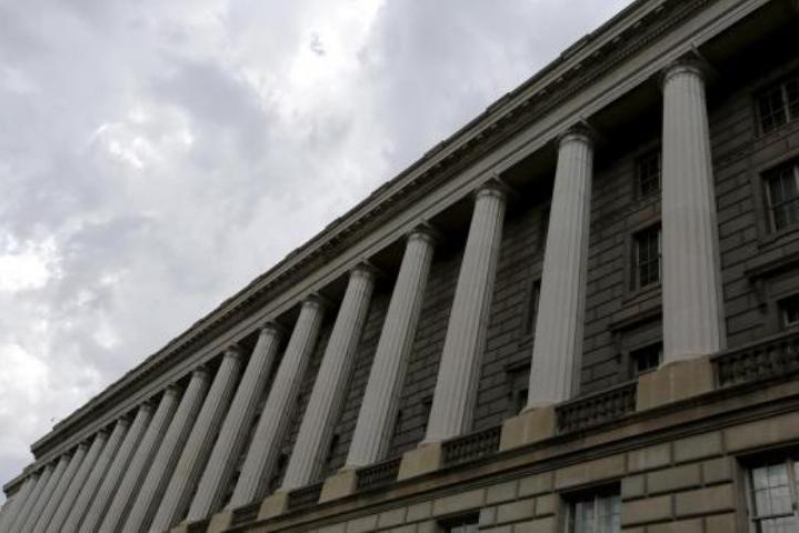
If ever there were an infringement on the rights of people of faith, it would be for the IRS to demand that the social security numbers of those who donate to religious organizations be kept on file. While the IRS can't legally demand that churches, ministries and other nonprofits keep social security numbers on file, at least not as of yet, it is something that they want to push toward.
It appears that the above invasion of privacy originated as an Obama Administration proposal. The basic idea is that anyone giving $250 or more in one year needs also to hand over their social security number for tracking purposes, in case the IRS decides to do some auditing. Many question just how long it will be before it becomes mandatory.
Illinois Representative Peter Roskam points out that, "There's a big caution here. There's a big yellow light that should be flashing."
The IRS claims that those who take charitable donations exemptions when they file their taxes either lose or don't keep the documents that prove how much they have given. If the IRS decides to audit, it wants to be able to go back to the churches, ministries or other nonprofits claimed and verified if what taxpayers claim they gave is legit.
However, in the last election cycle, there were Tea Party groups and other conservative organizations who wanted to register as nonprofit organizations. The actions that the IRS took against these were such an egregious invasion of privacy that it hit many headlines.
Attorney Cleta Mitchell believes that if the IRS proposal became mandatory, that, "It would have a dramatic effect on donors' decisions on whether or not to contribute. You'd see a lot of $249.99 contributions to every charitable organization in America. It's preposterous."
Mitchell represents the TRUE the VOTE group, a conservative group that sued the IRS for targeting it and harassing it due to its conservative stance from 2010 - 2012. In the investigations, it was proven in 2013 that not only was TRUE the VOTE targeted, but so were many Tea Party groups and other politically conservative organizations.
Some of the things that the IRS demanded of these organizations as they were trying to get nonprofit status included the disclosure of the prayer focus of group members, and a promise to restrain from opposing Planned Parenthood. Many applications were delayed for extended periods of time.
A letter written by Assistant Attorney General Peter Kadzik was sent to House Judiciary Committee Chairman Bob Goodlatte (R-VA) and ranking Democrat John Conyers, which stated:
"Our investigation uncovered substantial evidence of mismanagement, poor judgment and institutional inertia, leading to the belief by many tax-exempt applicants that the IRS targeted then based on their political viewpoints. But poor management is not a crime.
We found no evidence that any IRS official acted based on political, discriminatory, corrupt, or other inappropriate motives that would support a criminal prosecution. We found no evidence that any official involved in the handling of tax-exempt applications or IRS leadership attempted to obstruct justice.
Based on the evidence developed in this investigation and the recommendation of experienced career prosecutors and supervising attorneys at the Department, we are closing our investigation and will not seek any criminal charges."
Interestingly, during the investigation, it was discovered that many emails had been destroyed. The result of the 2013 investigation included the firing of the IRS commissioner, but no criminal charges followed.
The American public can let the IRS know what they think about this proposal up until December 16 by visiting www.regulations.gov, and then search IRS.






